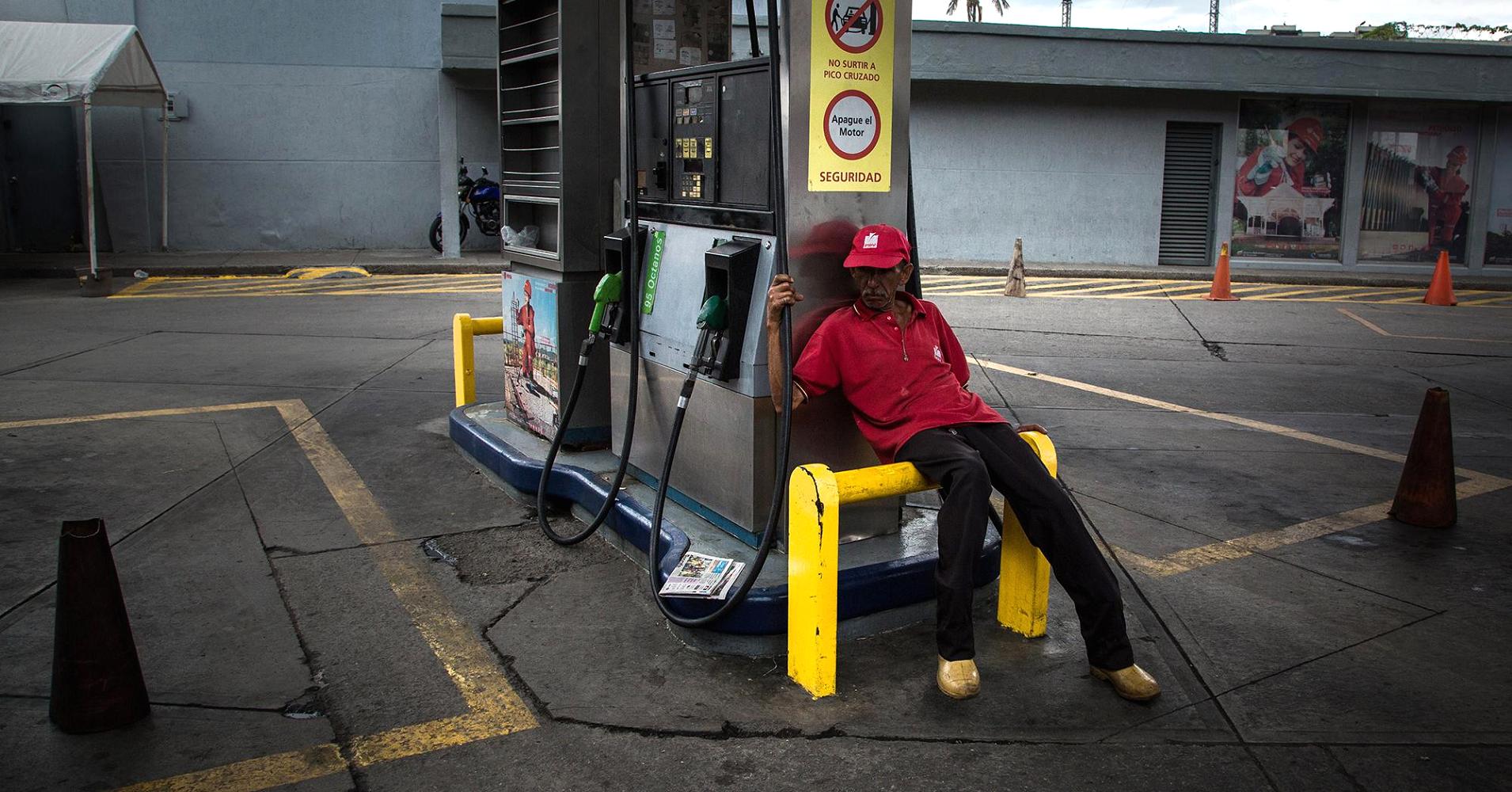
Venezuela launches a new oil-backed digital currency Tuesday, in a move the government hopes will help pull the country out of a deepening economic crisis.
The launch of the bitcoin-esque cryptocurrency, called the petro, is viewed by many onlookers as a somewhat desperate attempt to secure cash amid an unprecedented economic meltdown.
President Nicolas Maduro has vowed each petro token will be backed by one barrel of the state’s national petroleum. He also claimed about 100 million petro tokens would be issued — estimated to be worth around $6 billion.
The move comes at a time when Maduro’s socialist government is in the midst of a crackdown on domestic freedoms and Caracas’ financial transactions have been hamstrung by Western sanctions.
Citizens of the crisis-torn nation are struggling to cope with widespread food shortages, the collapse of its traditional currency and hyperinflation — which the International Monetary Fund (IMF) has forecast to hit 13,000 percent in 2018.
Meanwhile, almost 75 percent of Venezuelans are reportedly suffering from weight loss and unemployment in the South American country is expected to skyrocket to 32 percent by 2022.
Harry Colvin, director and senior economist at Longview Economics, told CNBC ahead of the petro’s launch that he was “doubtful” the introduction of the world’s first state-backed cryptocurrency would be a success.
“Venezuela has been known for misappropriation of assets in the past and the central bank has just created hyperinflation so I imagine there’ll be trust and transparency issues,” he said in an email.
Another potential problem for Venezuela’s petro plans is the initial issuance of the token will be backed by crude in the Orinoco heavy oil belt in the east of the country.
However, the oil is reportedly yet to be pumped and, further to this, it is to be extracted through joint ventures in which Maduro’s government holds only a 60 percent stake.
Crude production in Venezuela has been steadily declining as the oil-dependent state slogs through a crisis precipitated by years of government mismanagement and exacerbated by a prolonged oil price slump.
“If Maduro loses the election in April — or is forced out of power — then petros would probably be made illegitimate,” Colvin said.
Nonetheless, Maduro has consistently said he believes the petro will be a great success story. In a recent speech promoting the token’s launch, he said: “The future is now … Venezuela is moving forward as an economic powerhouse.”
At the start of the year, the U.S. Treasury Department warned traders against investing in the petro. The American authorities said doing so would be akin to an “extension of credit” to Venezuela and thus would violate sanctions imposed last August.
“In some ways I think this further validates cryptocurrencies but at the same time there are a tremendous number of questions around the petro,” Garrick Hileman, a cryptocurrency researcher at the University of Cambridge, told CNBC Tuesday.
“Will it be redeemable for the assets that are underlying it? What exchanges will it be traded on? How decentralized will it actually be? More questions than answers for the petro at this stage,” he added.

